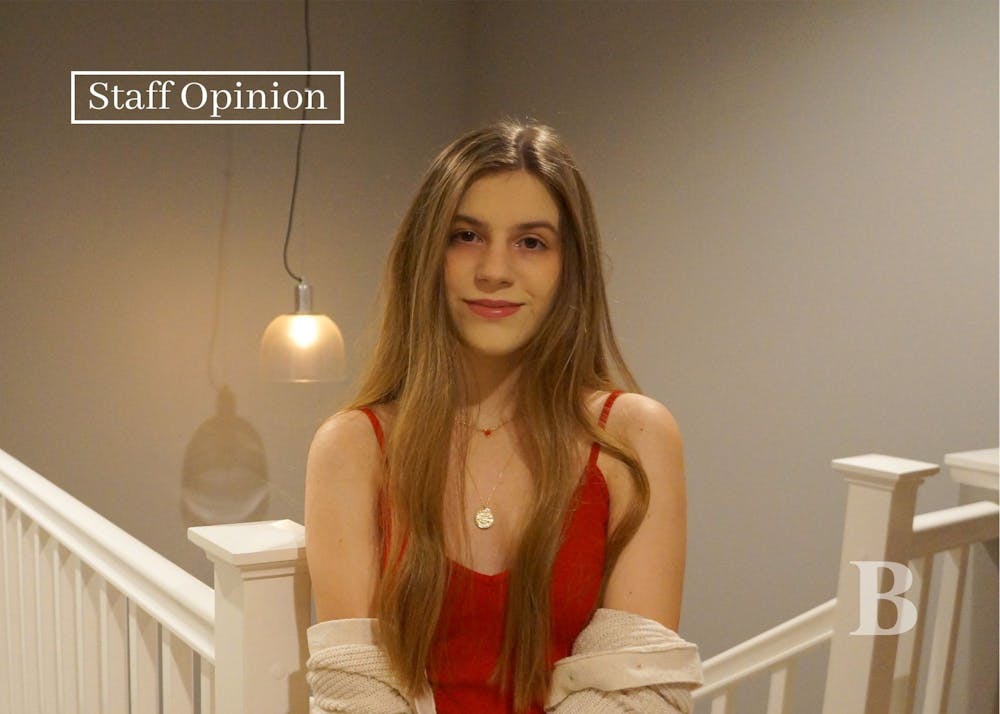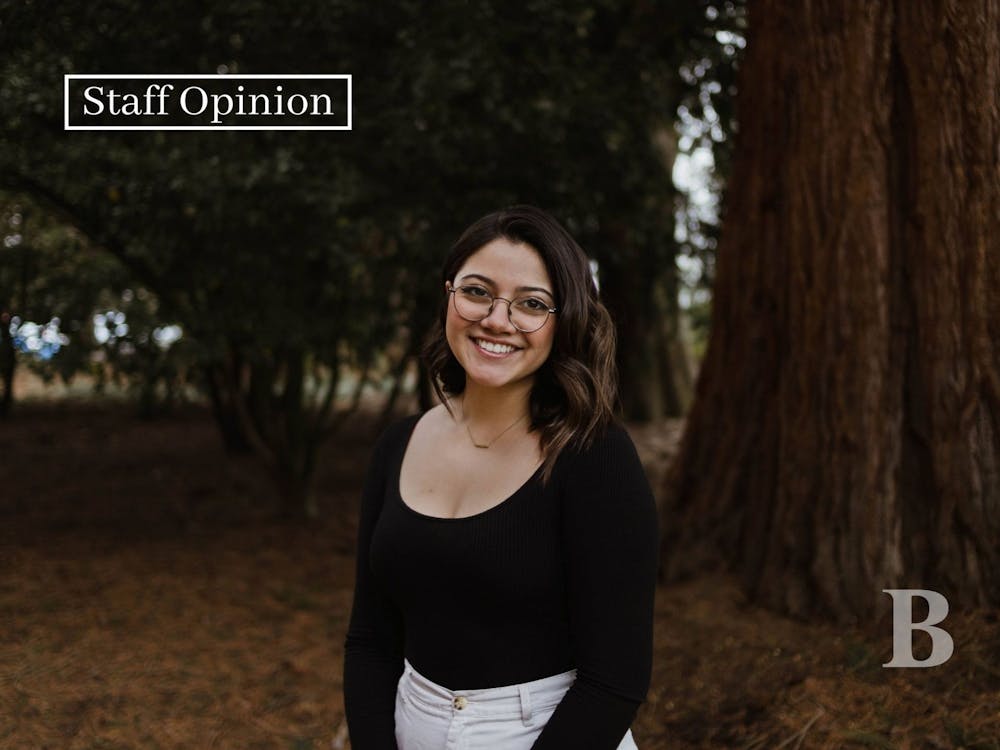Everyone is talking about mindfulness. It’s become a buzzword, written in magazines, posted on social media and used to sell products. Often it is suggested as a short-term, quick fix to a problem, like feeling anxiety or stress.
Especially during the COVID-19 pandemic, a lot of people are talking about mindfulness as a way to alleviate their Zoom fatigue and loneliness. I live in Silicon Valley and have heard stories from people in tech companies who discovered mindfulness as the new trick to becoming more productive at work, declaring that their life was transformed after one meditation retreat. I currently live with two Buddhist priests, my mom and stepdad, who’ve had years of meditation experience. Yet, as they would admit, they aren’t perfect, and what they’ve gained from their practice hasn’t come overnight. So I struggle to believe claims that one meditation session or mindfulness experience can have such instantaneous impact.
It seems like what’s being marketed as mindfulness is a misunderstanding of what long time practitioners are doing. Mindfulness is not about trying to avoid or change something. It’s not just a tool to help you calm down or be more productive.
Jon Kabat-Zinn, founder of the Stress Reduction Clinic at the University of Massachusetts Medical School, defines mindfulness as “awareness that arises through paying attention, on purpose, in the present moment, non-judgmentally.”
Mindfulness aims to address long-term habits that cause suffering. “Right Mindfulness” is part of the Eightfold Path in Buddhism, which is a guide towards eliminating the suffering we create by attachments to desire, fear and delusion.
Meditation in Zen Buddhist tradition is a mindfulness practice that involves sitting down in silence. The intention is to perceive your thoughts, feelings and sensations as they come up, without identifying with or adding a personal narrative onto them.
Clinical psychologist and Zen master Grace Schireson, in the 2013 Spring Journal Vol. 89 “Buddhism and Depth Psychology”, writes that through meditation, “one begins to see that he or she is not angry, but anger is arising within a more spacious and illuminated mind. The ‘I’ is not angry; the ‘I’ is the space in which the anger arises.”
The practice seems counter to what we’re used to doing everyday. If we aren’t getting work done, we want to be distracted or entertained, so we’re always creating noise. Many people are uncomfortable with the idea of stillness or silence, but meditation requires embracing it.
Thich Nhat Hahn, in an article from the Lion’s Roar magazine, writes that “real silence is the cessation of talking — of both the mouth and of the mind. This is not the kind of silence that oppresses us. It is a very elegant kind of silence, a very powerful kind of silence. It is the silence that heals and nourishes us.”
Facing silence that may be uncomfortable, and noticing how you respond by constantly creating noise internally, is the point of meditation and allows for deeper understanding of the self.
Meditation has been shown to have many positive benefits. A study on mindfulness meditation pinpoints four areas in which the practice has effects: attention management, body awareness, emotional regulation and change in perspective on the self. This study found that after completing a meditation program, the gray matter in the parts of participants’ brains associated with learning and memory increased. Another study provided evidence of how a meditation practice can reduce anxiety through the regulation of self-referential thoughts.
While Zen (seated meditation) is a more formal practice, there are simpler ways to increase mindfulness in your daily life, too. These include paying attention to your experience internally while doing everyday activities, like driving, eating and working out, without getting carried away by disruptive thoughts or emotions.
You may not actually be doing mindfulness wrong, but if you want to understand and get more out of the practice, it might be helpful to adjust your way of looking at it. Rather than making mindfulness an item to check off your daily to-do list, notice that it is a continuous process. And rather than seeing it as a solution to a problem or way of dealing with what you wish you could change, practice mindfulness for its own sake, which is, conversely, just to accept how things are right now.
Lindsey Warren is a reporter for The Beacon. She can be reached at warren23@up.edu.
Have something to say about this? We are dedicated to publishing a variety of viewpoints and we’d like to hear from you. Voice your opinion in The Beacon.








